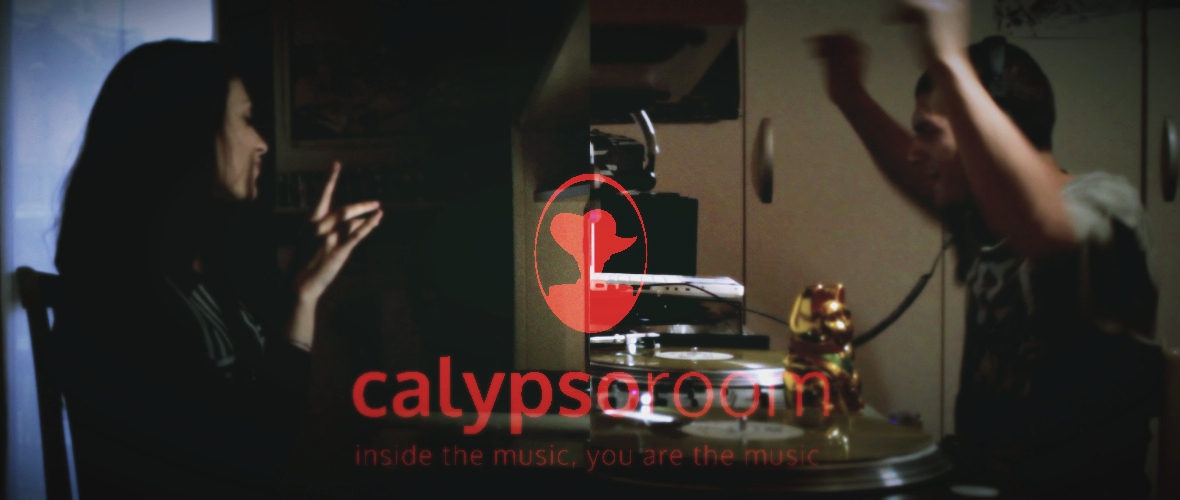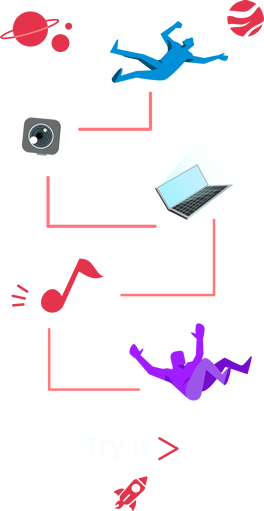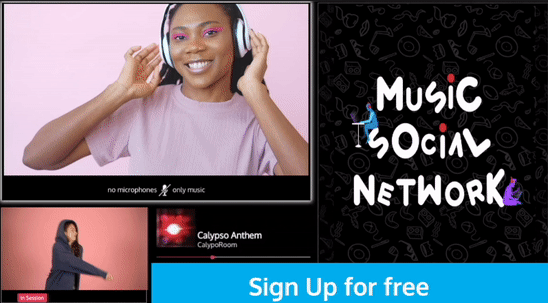The cognitive benefits of music education in schools

Table of content
The cognitive benefits of music education in schools - Introduction
Music, with its profound and expressive depth, captivates us, shaping not just our personal experiences but also our worldview.
It’s influence extends beyond the mere joy of listening, intertwining deeply with our interaction with the world around us.
When engaged with professionally, music transcends to become a powerful catalyst for cognitive enhancement and emotional growth.
In this article, we delve into the diverse and significant impacts of music education on cognitive development and emotional well-being, exploring how melodies and rhythms can enrich our mental and emotional landscapes.

KEY TAKEAWAYS
Enhanced Cognitive Development: Music education significantly improves cognitive skills such as concentration, attention, and memory. These skills are invaluable in academic and everyday life, demonstrating the profound impact of music on mental agility and focus.
Improved Motor Skills and Spatial Thinking: Active participation in music lessons enhances motor skills and spatial thinking. Playing instruments and performing melodies require coordination and fine motor control, contributing to overall physical and cognitive development.
Holistic Personal Growth: Music education lays a foundation for holistic learning and personal growth. It goes beyond teaching musical harmony, influencing brain development and fostering a comprehensive approach to learning.
Social and Emotional Benefits: Music education plays a crucial role in developing social competencies and emotional intelligence. It encourages empathy, enhances emotional expression, and fosters a deeper understanding of diverse cultures and perspectives.
CalypsoRoom: A Digital Music Community: CalypsoRoom is an innovative online platform that revolutionizes how people experience music together. It allows individuals to connect via webcams, share music in real-time, and engage in creative collaboration, enhancing social interaction and cultural appreciation in a digital setting. This platform exemplifies the social and communal aspects of music, aligning perfectly with the benefits of music education.
Cognitive benefits of music education
This comprehensive learning method engages multiple brain areas, establishing a strong, positive connection between music and cognitive development.
Specifically:
Concentration and Attention: Music education demands high levels of concentration and attention, skills that are invaluable across all facets of study and daily life.
Motor Skills and Spatial Thinking: Engaging in music lessons actively fosters spatial thinking and motor skills. Playing instruments and performing melodies enhances coordination and fine motor control.
Music and Brain Development: Beyond imparting knowledge of musical harmony, music education lays the foundation for a holistic approach to learning and personal growth, influencing brain development in profound ways.

Studying music not only contributes to the development of harmony skills but also has a positive effect on the brain cognitive functions.
Students who want to achieve their academic goals may find it useful to master music education as part of a comprehеnsive approach to their studies.
For example, nursing students may order nursing assignment help and the mentioned writing service will help to optimize time and ensure high academic results.
Thus, students will have more free time to improve their knowledge of composition and not worry about the timely submission of written assignments.
Moreover, the latter will be done in accordance with all the requirements, because they are performed by experienced authors.

Social benefits of music education
Music education extends far beyond the realm of cognitive skills, playing a pivotal role in nurturing vital social competencies.
Creative Collaboration and Social Interaction
This collaborative environment fosters team spirit and cultivates mutual understanding, as students learn to value each participant's contribution and work towards shared objectives.

Development of Empathy and Expression of Feelings
Music education is instrumental in helping students articulate their emotions and develop empathy.
The therapeutic effects of music, as evidenced by research, development of empathy through music, significantly contribute to psychological well-being and social adaptability.

Broadening Worldviews
It invites students into the rich tapestry of musical art, acquainting them with the lives and times of composers and the historical and cultural contexts of their works.
This exploration not only deepens their understanding of music but also broadens their knowledge of social and cultural dynamics across different eras, enriching their overall worldview.

Music education benefits statistics
Music education has a profound impact on various aspects of students' lives, as evidenced by numerous statistics:
Improved Academic Performance: Schools with music programs have a remarkable 90.2% graduation rate and 93.9% attendance rate, compared to 72.9% graduation and 84.9% attendance in schools without music education. This suggests a strong correlation between music education and overall academic success.
Higher College Admission Rates: Music majors are among the most likely group of college graduates to be admitted to medical school, indicating the broad benefits of music education beyond the arts.
Enhanced Emotional Well-being: High school music students generally have lower levels of substance use and are less likely to engage in risky behaviors. This points to the positive influence of music education on emotional and mental health.

Cognitive and Social Benefits: A study found that students exposed to music-based lessons scored 100% higher on fractions tests than those who learned in a conventional manner. Additionally, music education is linked to higher GPAs, better reading scores, and improved spatial reasoning skills.
Cultural and Worldview Expansion: Music education also broadens students' cultural understanding and worldview, as they learn about the historical and social contexts of different musical pieces and their composers.
These statistics underscore the multifaceted benefits of music education, highlighting its role in enhancing academic performance, emotional health, cognitive skills, and cultural awareness.

Connecting through music: the role of CalypsoRoom
In the context of the transformative power of music education, platforms like CalypsoRoom are revolutionizing the way we experience music together.
CalypsoRoom is a unique online space where individuals can connect through webcams to share and enjoy music in real-time, fostering a sense of community and shared experience.
This innovative platform aligns perfectly with the social benefits of music education, as it offers a virtual stage for creative collaboration and social interaction.
Users from diverse backgrounds can come together to perform, listen, and engage with music, thereby enhancing their understanding and appreciation of different musical styles and cultures.
CalypsoRoom not only supports the development of empathy and emotional expression through shared musical experiences but also contributes to broadening worldviews by exposing users to a wide array of musical traditions and practices.
In this digital age, CalypsoRoom stands as a testament to the unifying power of music, bringing people together for a harmonious and enriching communal experience.

The cognitive benefits of music education in schools - Conclusion
In conclusion, the journey through the world of music education reveals its profound impact on cognitive, emotional, and social development.
As we've explored these multifaceted benefits, it's clear that music is more than just an art form; it's a vital tool for holistic growth.
To dive deeper into the enriching world of music and its myriad influences, we invite you to visit CalypsoRoom.
Furthermore, our blog section offers a wealth of insights and stories that further illuminate the power of music in our lives and communities.
Join us at CalypsoRoom to continue exploring the harmonious blend of education, emotion, and connection that music uniquely provides.
Thanks for reading,
Nate Joseland
Frequently Asked Questions (FAQs)
What are the key cognitive benefits of music education in schools?
Music education in schools enhances cognitive development, including improved attention, better information processing, and increased mental agility. It fosters creativity and critical thinking skills, essential for holistic intellectual growth.
How does music education impact students' language and memory skills?
Music education significantly boosts language skills by enhancing vocabulary, comprehension, and communication abilities. It also improves memory, particularly in areas related to auditory processing and recall, aiding in language acquisition and retention.
Are there long-term cognitive advantages to learning music in school?
Yes, there are long-term cognitive advantages to learning music in school, including sustained improvements in brain plasticity and cognitive flexibility. These benefits extend into adulthood, enhancing problem-solving skills and adaptive thinking.
Can music education improve academic performance in other subjects?
Music education can improve academic performance in other subjects by developing discipline, focus, and multitasking abilities. It also enhances spatial-temporal skills, which are crucial in mathematics and science learning.
How does music education affect emotional intelligence and social skills?
Music education positively affects emotional intelligence by fostering empathy, self-awareness, and emotional regulation. It also enhances social skills, such as teamwork, communication, and understanding diverse perspectives, through collaborative musical activities.
back
Written by Nate Joseland
Author of a blog about the impact of music on personal development. Essay writer on and socio-cultural topics. Researcher of the influence of musical genres on the brain.
Updated January 2024
Company number: 681223
James's Walk 31, Dublin, Ireland
contact@calypsoroom.com
+353 (89) 435 8928



